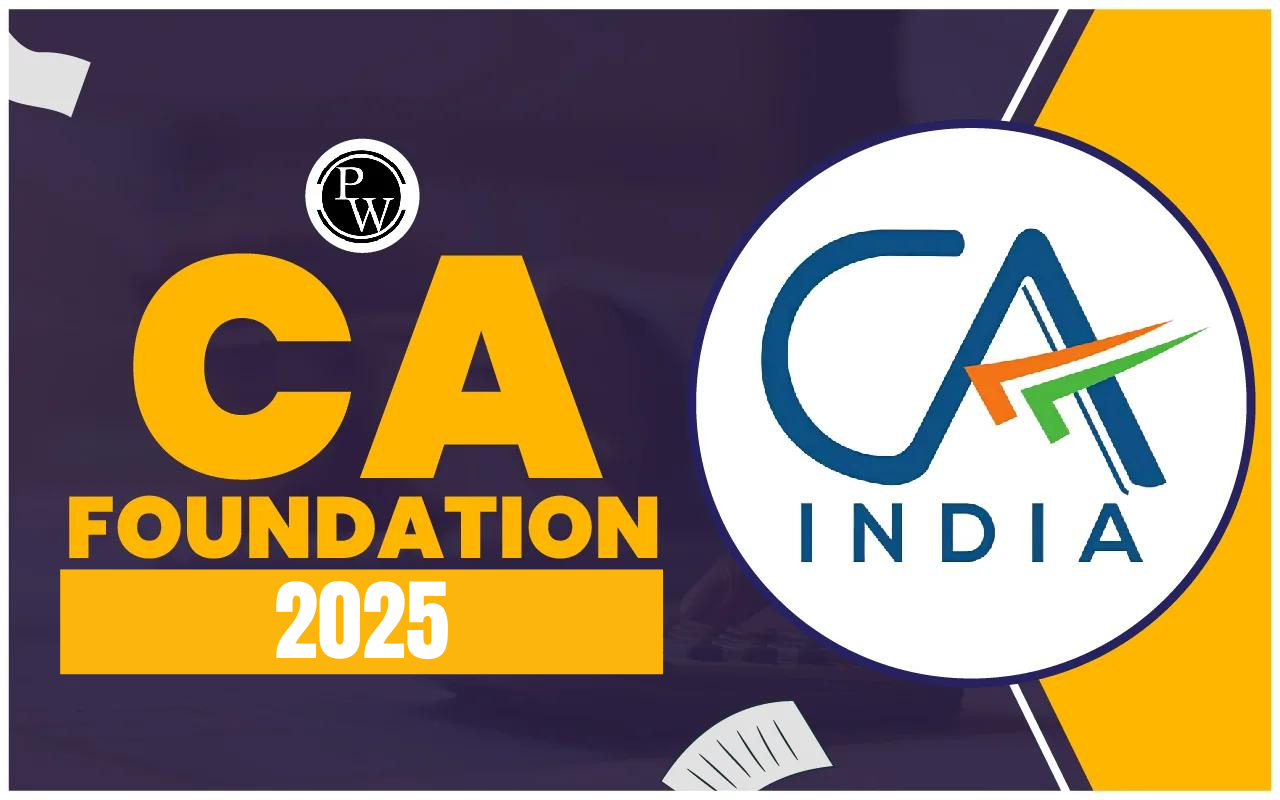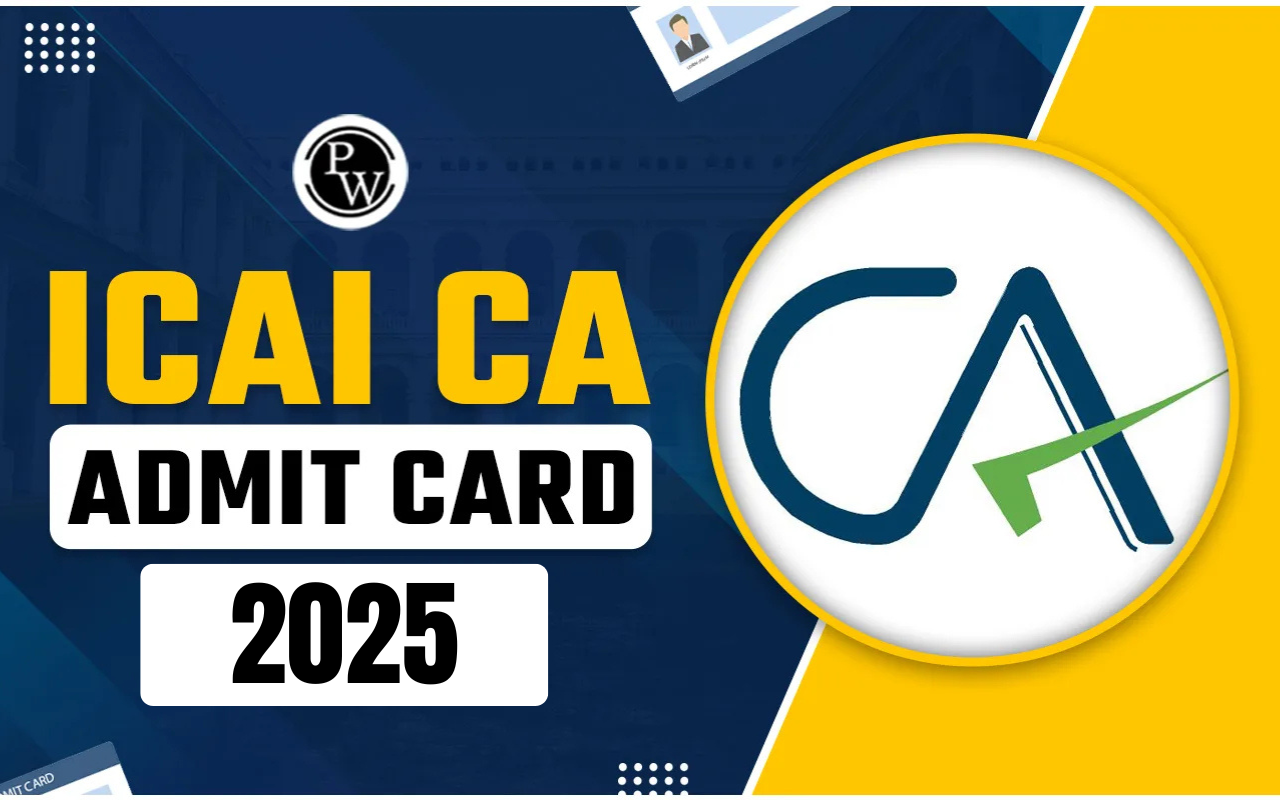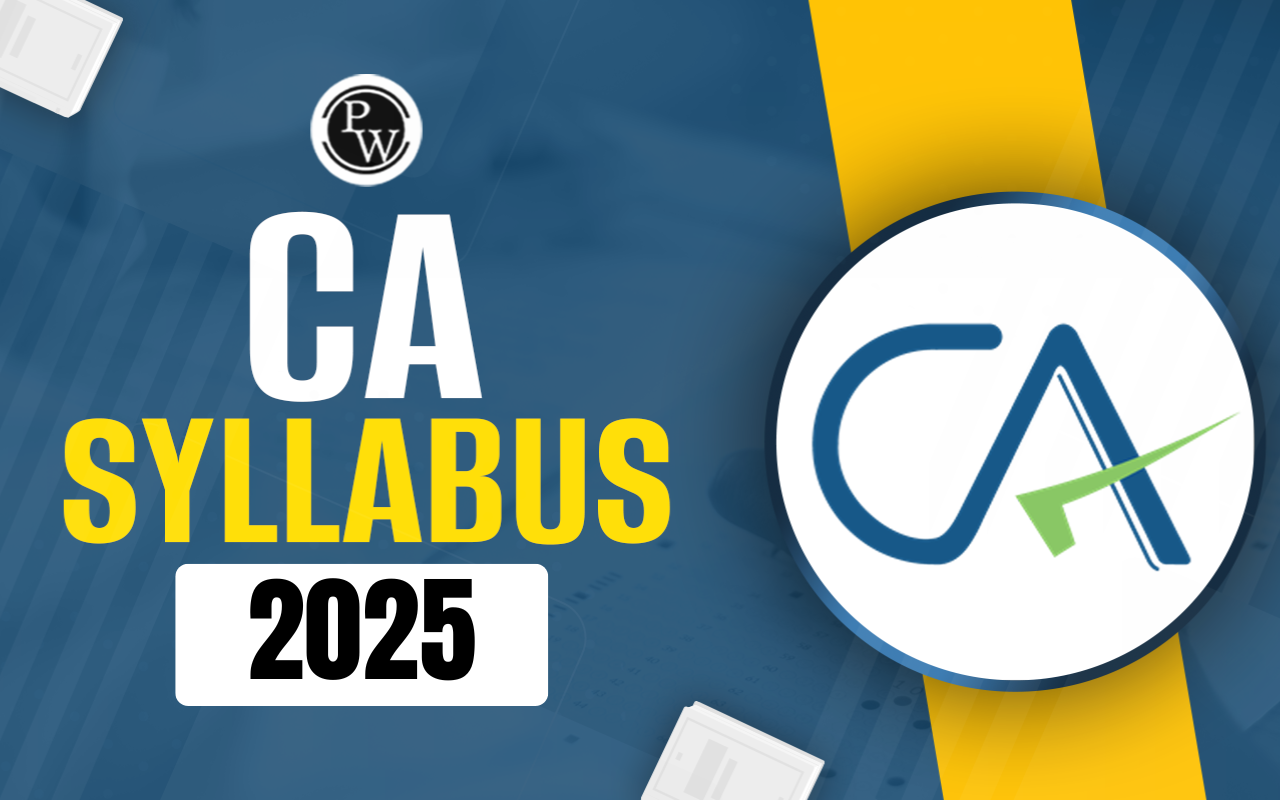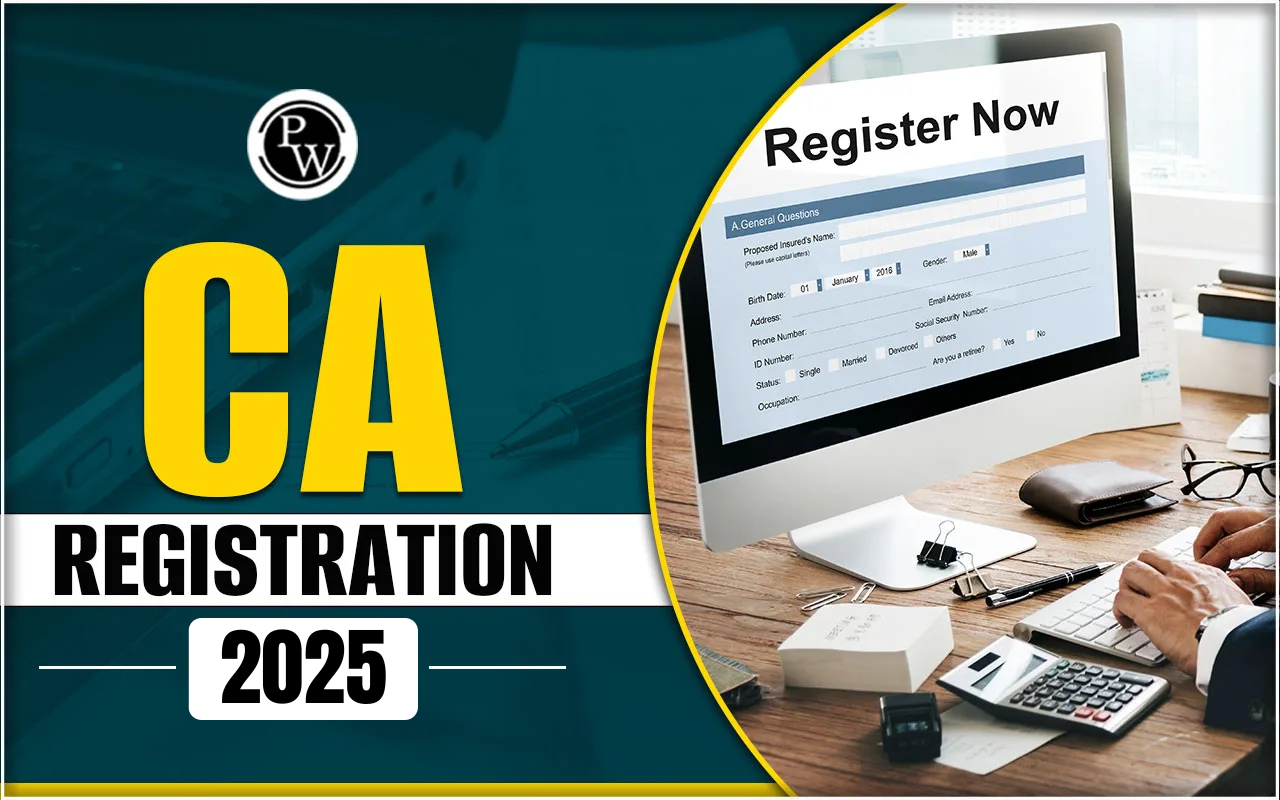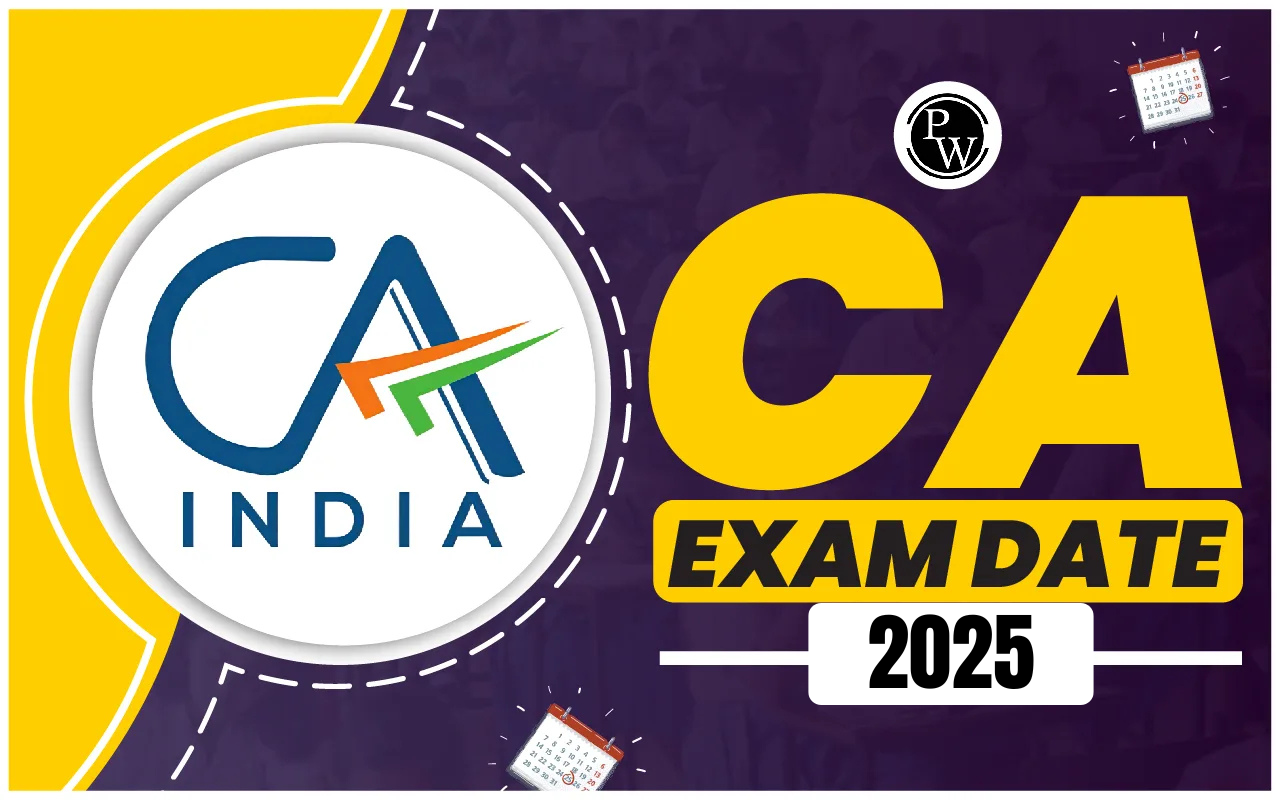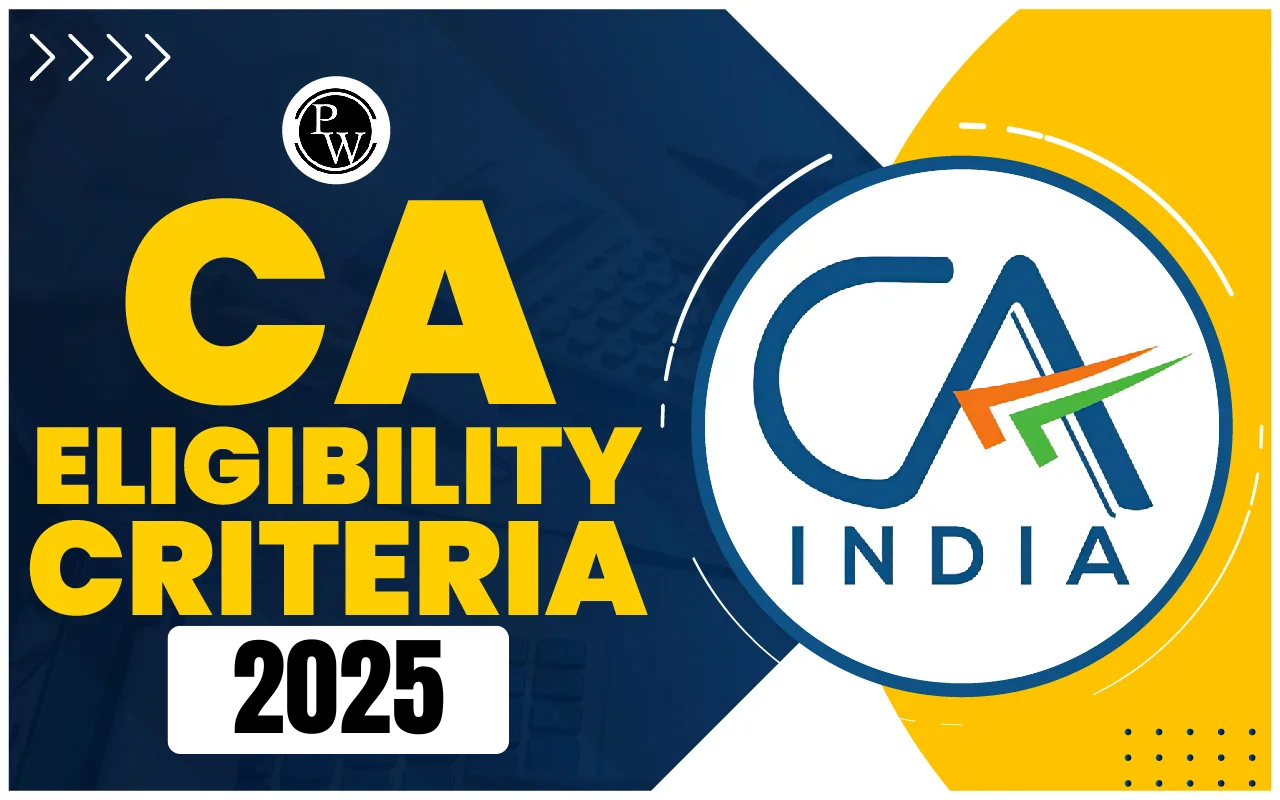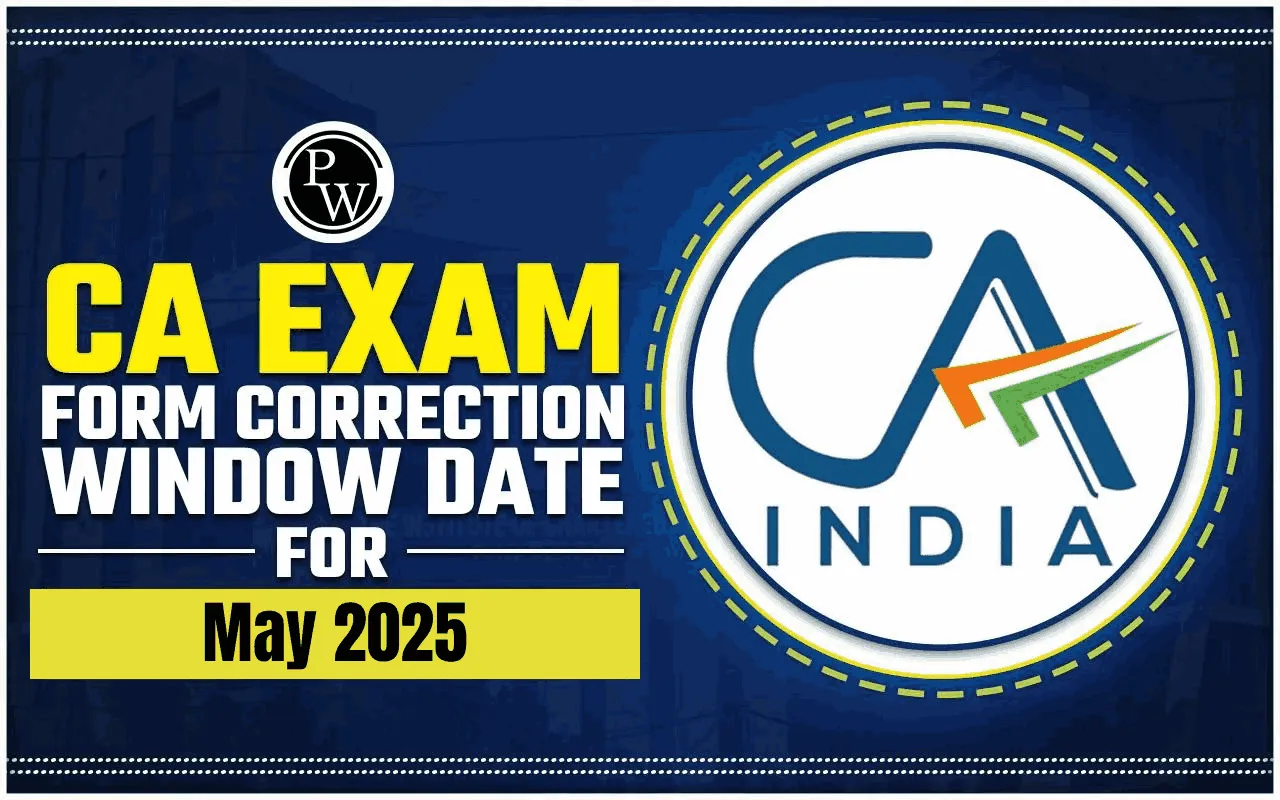
Advanced Auditing and Professional Ethics are two crucial components of the accounting and auditing profession. They play a fundamental role in ensuring the reliability and integrity of financial information, which in turn fosters trust and confidence in financial markets.
In this comprehensive guide, we will delve into the key concepts surrounding Advanced Auditing and Professional Ethics, shedding light on their importance, principles, and the evolving landscape in which they operate.Definition of Advanced Auditing and Professional Ethics
Advanced Auditing
Advanced Auditing refers to the process of conducting a thorough examination and assessment of financial statements, internal controls, and operational processes of an organization, which goes beyond the basic procedures of traditional auditing. It is designed to provide stakeholders with a higher level of assurance regarding the accuracy and fairness of financial information.Professional Ethics
Professional Ethics in auditing refer to the moral and ethical principles that guide auditors' behavior and decision-making processes while conducting audits. It encompasses a set of values, principles, and standards that promote integrity, objectivity, and independence in the audit profession.Importance of Advanced Auditing and Professional Ethics
The importance of advanced auditing and professional ethics is given below:Importance of Advanced Auditing
a. Risk Assessment: Advanced Auditing places a strong emphasis on risk assessment, enabling auditors to identify and evaluate risks that may impact an organization's financial statements. b. Quality Assurance: It ensures that auditing processes are carried out with the utmost quality and rigor, reducing the likelihood of errors and fraud. c. Compliance: Advanced Auditing helps organizations adhere to regulatory and legal requirements, preventing non-compliance issues. d. Stakeholder Confidence: It enhances the confidence of investors, creditors, and the public in the accuracy and reliability of financial statements.Importance of Professional Ethics
a. Independence: Maintaining independence from the audited entity is crucial to ensure unbiased and impartial auditing. b. Public Trust: Upholding ethical standards enhances public trust in the auditing profession, which is vital for the functioning of financial markets. c. Legal and Regulatory Compliance: Ethical conduct ensures compliance with legal and regulatory requirements governing auditing. d. Reputation: An auditor's reputation is closely tied to their ethical conduct, which can impact their career and opportunities.Key Concepts in Advanced Auditing
a. Audit Planning: Comprehensive planning is crucial to identify the scope, objectives, and approach of the audit. b. Materiality: Materiality thresholds are established to determine the significance of financial misstatements. c. Audit Sampling: Auditors use various sampling techniques to examine a subset of data, ensuring that it represents the entire population. d. Audit Evidence: Collecting and evaluating sufficient and appropriate audit evidence is vital to support audit findings. e. Internal Controls: Assessing and testing internal controls is essential to understand the organization's risk management and governance processes. f. Fraud Detection: Auditors should be skilled in detecting fraud indicators and assessing fraud risks. g. Audit Reporting: Communicating audit findings and opinions in a clear and concise manner is a critical part of the process.Key Concepts in Professional Ethics
a. Independence: Auditors must be independent both in fact and appearance to avoid any conflicts of interest. b. Integrity: Auditors should be honest, straightforward, and truthful in all professional and business relationships. c. Objectivity: Auditors should not allow bias, conflicts of interest, or undue influence to compromise their professional judgment. d. Professional Competence and Due Care: Auditors should maintain professional competence and conduct audits with diligence and care. e. Confidentiality: Information acquired during audits should be treated as confidential, and auditors must not disclose it without proper authorization. f. Professional Behavior: Auditors should adhere to a code of professional conduct, which includes being respectful and courteous in all professional interactions.Advanced Auditing and Professional Ethics Evolving Landscape
Technological Advancements
Advanced Auditing is greatly impacted by technological advancements. Auditors now use data analytics, artificial intelligence, and machine learning to analyze large volumes of financial data, enabling more effective risk assessment and fraud detection.Globalization
With businesses operating on a global scale, Advanced Auditing and Professional Ethics have become more complex. Auditors must consider international accounting standards, cultural differences, and legal frameworks when conducting audits.Regulatory Changes
Regulatory bodies are continually updating auditing and ethical standards. Auditors must stay informed and adapt to these changes to ensure compliance and maintain the quality of their audits.Environmental, Social, and Governance (ESG) Auditing
ESG auditing is gaining prominence as organizations are increasingly held accountable for their environmental and social impacts. Advanced Auditing now includes considerations related to sustainability reporting and ESG factors. Advanced Auditing and Professional Ethics are indispensable pillars of the auditing profession. They ensure that financial information is accurate, reliable, and transparent, fostering trust in the business world. The key concepts discussed in this guide, from audit planning to professional ethics, form the foundation of a strong and ethical auditing practice. As the business landscape evolves, auditors must adapt and embrace technological advancements, globalization, and changing regulations to continue providing valuable services to stakeholders. Upholding the principles of Advanced Auditing and Professional Ethics remains paramount to maintaining the integrity and credibility of the auditing profession.Advanced Auditing and Professional Ethics FAQs
What is the role of Advanced Auditing in financial reporting?
Advanced Auditing plays a pivotal role in assessing financial statements, internal controls, and risks to provide stakeholders with a higher level of assurance in the accuracy and fairness of financial information.
Why are Professional Ethics important in auditing?
Professional Ethics in auditing are vital for maintaining independence, ensuring objectivity, and upholding the integrity of the auditing profession, which ultimately builds public trust in financial markets.
How do technological advancements impact Advanced Auditing?
Technological advancements in data analytics and AI enable auditors to analyze large volumes of financial data efficiently, enhancing risk assessment and fraud detection capabilities.
What is ESG auditing, and why is it relevant in Advanced Auditing?
ESG (Environmental, Social, and Governance) auditing involves evaluating an organization's sustainability practices. It's relevant in Advanced Auditing due to growing societal and investor interest in corporate responsibility and sustainability reporting.
How can auditors stay updated with evolving regulations in Advanced Auditing?
Auditors can stay updated by actively engaging in continuous professional development, attending training programs, and regularly reviewing updates from regulatory bodies to ensure compliance with evolving auditing standards.
Talk to a counsellorHave doubts? Our support team will be happy to assist you!

Check out these Related Articles
Free Learning Resources
PW Books
Notes (Class 10-12)
PW Study Materials
Notes (Class 6-9)
Ncert Solutions
Govt Exams
Class 6th to 12th Online Courses
Govt Job Exams Courses
UPSC Coaching
Defence Exam Coaching
Gate Exam Coaching
Other Exams
Know about Physics Wallah
Physics Wallah is an Indian edtech platform that provides accessible & comprehensive learning experiences to students from Class 6th to postgraduate level. We also provide extensive NCERT solutions, sample paper, NEET, JEE Mains, BITSAT previous year papers & more such resources to students. Physics Wallah also caters to over 3.5 million registered students and over 78 lakh+ Youtube subscribers with 4.8 rating on its app.
We Stand Out because
We provide students with intensive courses with India’s qualified & experienced faculties & mentors. PW strives to make the learning experience comprehensive and accessible for students of all sections of society. We believe in empowering every single student who couldn't dream of a good career in engineering and medical field earlier.
Our Key Focus Areas
Physics Wallah's main focus is to make the learning experience as economical as possible for all students. With our affordable courses like Lakshya, Udaan and Arjuna and many others, we have been able to provide a platform for lakhs of aspirants. From providing Chemistry, Maths, Physics formula to giving e-books of eminent authors like RD Sharma, RS Aggarwal and Lakhmir Singh, PW focuses on every single student's need for preparation.
What Makes Us Different
Physics Wallah strives to develop a comprehensive pedagogical structure for students, where they get a state-of-the-art learning experience with study material and resources. Apart from catering students preparing for JEE Mains and NEET, PW also provides study material for each state board like Uttar Pradesh, Bihar, and others
Copyright © 2025 Physicswallah Limited All rights reserved.
